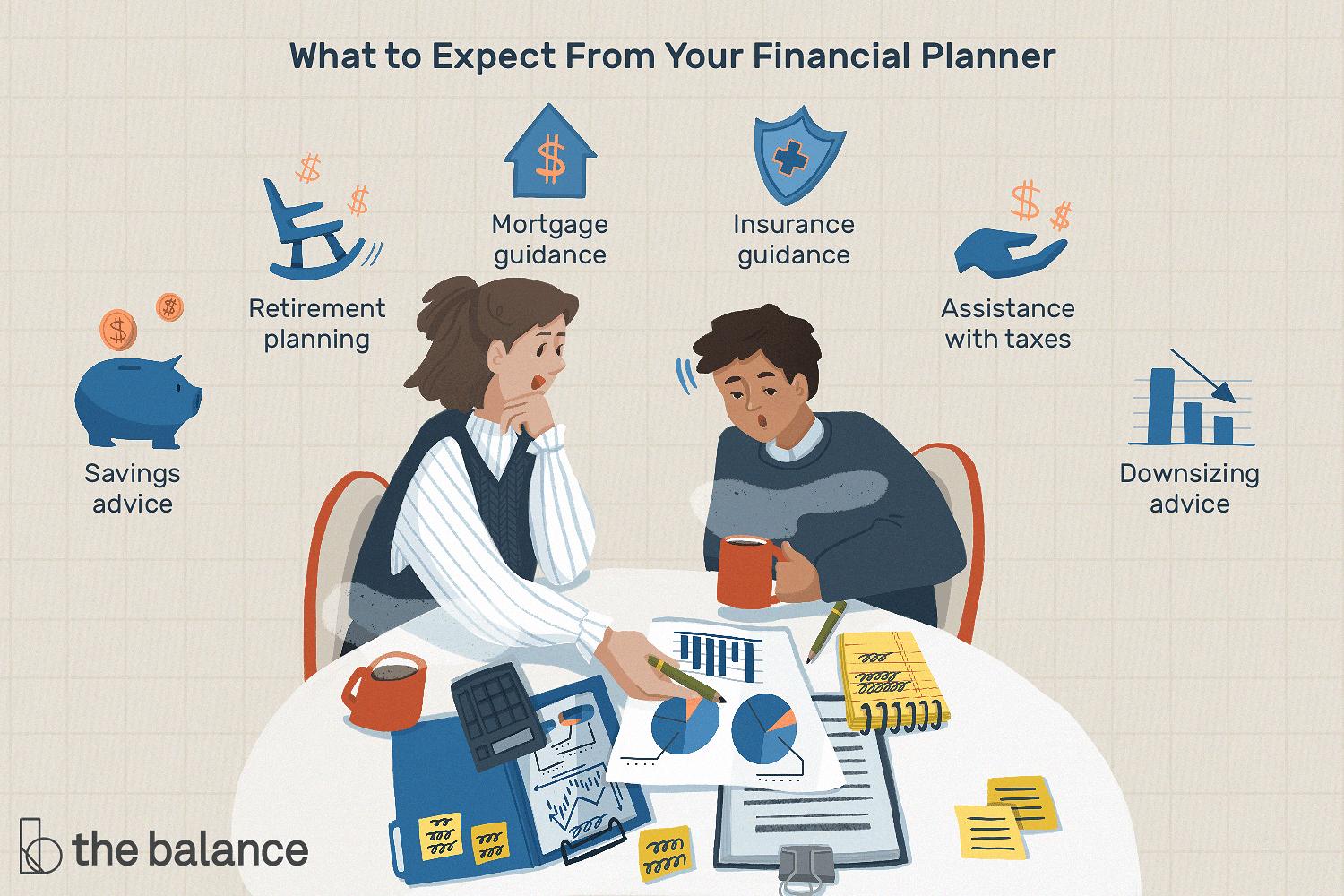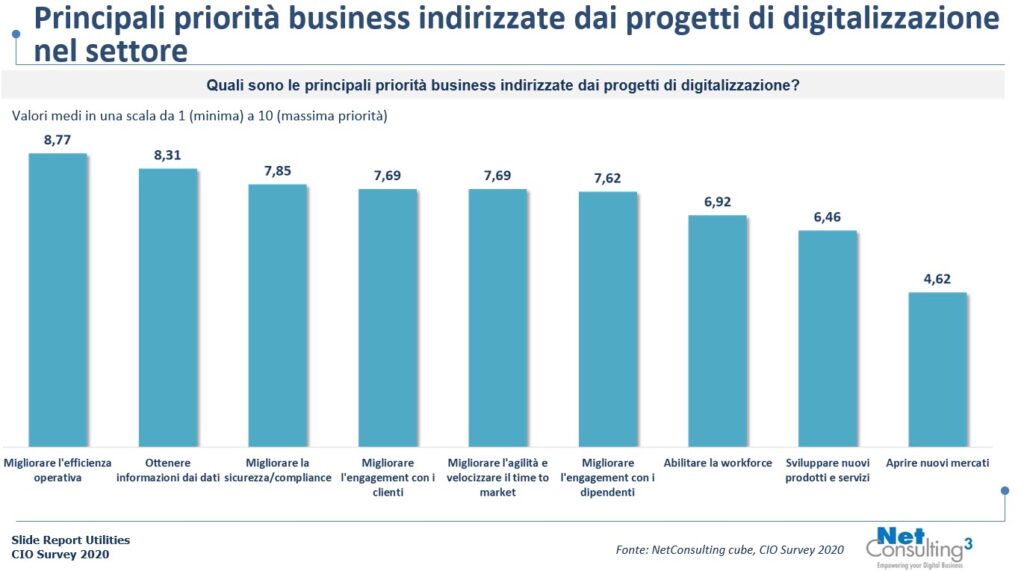
Consulting is a job that involves working with clients to discover the real problems they are facing and then developing solutions. The role requires you to understand the causes of problems and develop trusting relationships with your clients. You will need to be flexible, work long hours and manage stress. If you have the qualifications required, you could pursue a career as a consultant.
For a job with a consulting firm, qualifications are required
There are different qualifications that you need to work in consulting depending on which firm you are working for. Some firms require a postgraduate business degree or another related field, while others don't. Although MBA and Ph.D. graduates are highly sought after by some companies, it is not required. Some companies will consider applicants with relevant work experience. For new graduates, it is worth looking into training programmes with large companies.
Consultants must possess excellent interpersonal and communication skills. They must also be flexible and ready to tackle new challenges. They should also be able and willing to collaborate with clients and other stakeholders. Their main task is to drive the conversation forward and keep it productive. They should be able use a structured thinking process to understand the clients' concerns and needs.

Flexibility
Flexible consulting jobs are becoming more popular. Clients are becoming more open to flexible work in their own organizations, which is driving this trend. Jon Williams is a co-founder at Fifth Frame, a boutique consulting firm, and a former senior partner of PwC. He says clients are accepting flexible working. This is not a new phenomenon. However, it is becoming more prevalent. Flex jobs are becoming a viable business model.
Consultants have the flexibility to work when they please. You may not have to work regular hours but you will need to meet deadlines for your clients. While you can work remotely, you must still meet deadlines.
Long working hours
Working long hours in a consultancy job can be exhausting. Consultants work long hours and often on weekends. This often leaves little time for lunch breaks. Even their evening breaks may be restricted to an hour for travel or dinner. Many studies show that consultants can work overtime.
The workweek length for a consultant job is dependent on the region. For example, consultants working in Singapore, Dubai, or Southern Europe have longer work hours than their American counterparts. In Italy, consultants are expected to work 9am to 11pm on weekdays and 9am to 8pm on Fridays. This means that 70% to 80% of weekends are spent at work. You can also consider the type of project that you are working on. For example, shorter projects and proposals last minute will usually require longer hours.

Stress
Consultant work can be stressful. Although consultants are paid well, it can seem that they are not receiving the proper compensation. Fear of moving companies or jobs, and uncertainty about the future all contribute to this. Consulting was once a highly respected profession. However, the industry has seen a decline in recent years. Many consultants have the same complaints as their clients. The change in the way companies do business has also affected the way consultants work. As digitalisation makes information more easily accessible, companies are becoming more disciplined and meticulous.
Some consultants are so consumed by their work that they are unable to switch off. This can cause depression and anxiety which can result in low motivation and productivity. Consultants often work long hours and do not have much time for friends or family. They are so focused on their work that they end up accustoming themselves to being on call round the clock.
FAQ
What happens when the consultant is done?
After the consultant has completed the work, they will submit a final document detailing the results. This report details the project timeline, deliverables, as well any other pertinent information.
You will then review the report to determine if the consultant fulfilled your expectations. If the report does not meet your expectations, you have two options: to request changes or to terminate the contract.
Why should consultants be hired?
There are many reasons why you might need to hire consultants:
-
Your organization may have a specific project or problem that needs solving
-
You would like to improve your skills or learn new things
-
You want to work with an expert in a particular field
-
The task is yours alone.
-
You feel overwhelmed with all the information you see and don’t know where it is.
-
It's impossible to afford to hire someone full-time.
A word of mouth referral is the best way you can find a competent consultant. Ask around if anyone knows any reputable consultants. Ask your friends and family for referrals if you know someone who is a consultant.
If you choose to use online directories such LinkedIn, make sure to use the "Search People” function to locate consultants in your area.
What types of jobs are available as a consultant?
You will need to be able to understand business strategy and operations if you want to work as a consultant. You must also understand how businesses operate and how they fit into society.
You must have excellent communication skills as well as the ability to think critically in order to be a consultant.
Consultants need to be flexible as they might be assigned different tasks at different times. They must be flexible and able to change directions quickly if needed.
They must be willing to travel for their clients. This kind of work can take them around the world.
They need to be able and able to manage pressure and stress. Sometimes, consultants may be required to meet strict deadlines.
As a consultant you might work long hours. You may not get overtime pay.
How can I become an expert consultant?
It is important to identify an area of passion. First, build relationships. It is crucial to learn about your clients and understand their needs. You must also deliver results.
You don't have to be the best at everything, but you do have to be better than everyone else. Passion is key. It doesn't suffice to say, "I will be a consultant." It's important to believe in your abilities and do what you love.
Statistics
- Over 62% of consultants were dissatisfied with their former jobs before starting their consulting business. (consultingsuccess.com)
- So, if you help your clients increase their sales by 33%, then use a word like “revolution” instead of “increase.” (consultingsuccess.com)
- WHY choose me: Why your ideal client should choose you (ex: 10 years of experience and 6-week program has helped over 20 clients boost their sales by an average of 33% in 6 months). (consultingsuccess.com)
- My 10 years of experience and 6-step program have helped over 20 clients boost their sales by an average of 33% in 6 months. (consultingsuccess.com)
- 67% of consultants start their consulting businesses after quitting their jobs, while 33% start while they're still at their jobs. (consultingsuccess.com)
External Links
How To
How do you find the best consultant?
Ask yourself what you want from your new consultant before you start looking. Before you start looking for someone to work with, it's important that you know your expectations. You should make a list of all the things you need from a consultant. This could include things like; professional expertise, technical skills, project management ability, communication skills, availability, etc. After you have outlined your requirements, you might want to ask friends and colleagues for recommendations. Ask your friends and colleagues if they have had bad experiences with consultants in the past. Compare their recommendations with yours. You can also do some online research if you don't know of any. There are many websites, such as LinkedIn, Facebook, Angie's List, Indeed, etc., where people post reviews of their previous work experiences. Take a look at comments and ratings from others, and use that data to find potential candidates. Finally, once you've got a shortlist of potential candidates, make sure to contact them directly and arrange an interview. During the interview, you should talk through your requirements and ask them to explain how they can help you achieve those goals. It doesn’t matter if the person was recommended to you; it matters that they understand your business goals, and can show you how they can help.